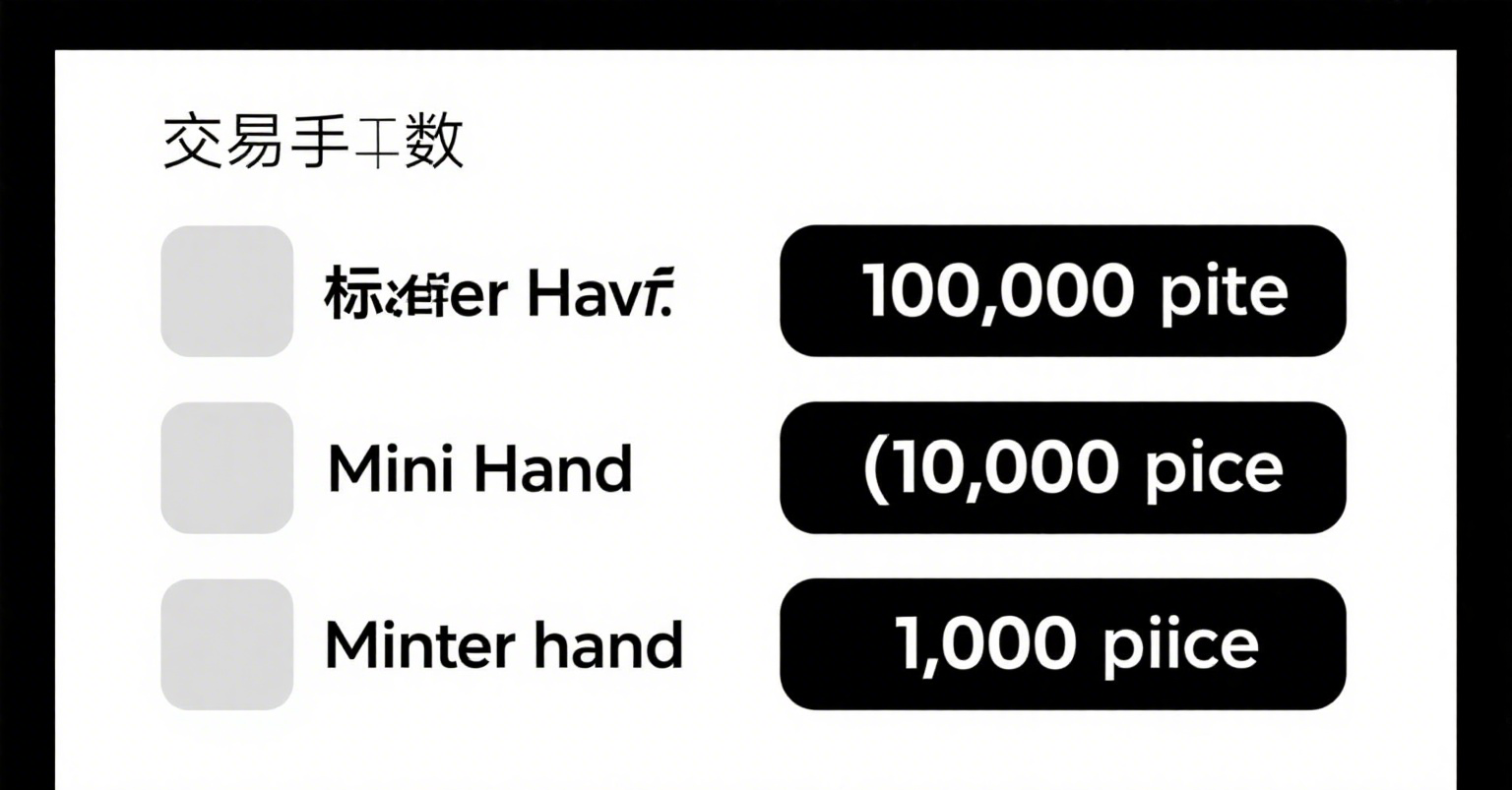
Exemption Maintained for Interbank Certificates of Deposit, etc.
In the early days of government bond issuance, China implemented a policy exempting interest income from government bonds from business tax. After the 2016 reform replacing business tax with value-added tax (VAT), the exemption was shifted to VAT, and the scope was expanded to include interest income from local government bonds and financial bonds held by financial institutions.
According to the 2016 "Notice on Comprehensively Implementing the Pilot Program of Replacing Business Tax with VAT," the VAT rate was set at 6%. It stipulated that interest income from government bonds, local government bonds, and interbank transactions would be exempt from VAT. Subsequent supplementary notices clarified that interbank transactions included holdings of financial bonds and interbank certificates of deposit (NCDs).
Under the latest announcement by the Ministry of Finance and the State Taxation Administration, interest income from newly issued government bonds, local government bonds, and financial bonds after August 8 will once again be subject to VAT. This means interest income from interbank deposits, interbank lending, NCDs, and other interbank transactions will continue to enjoy VAT exemption. Central bank data shows NCD issuance reached 31.5 trillion yuan in 2024.
Regarding this policy adjustment, the China Financial and Economic News, affiliated with the Ministry of Finance, reported on the evening of August 1 that the VAT exemption for bond interest income had fulfilled its historical mission. Restoring VAT collection ensures consistency and uniformity in tax policies for bond interest income, aligning with reforms to establish a fair and unified tax system. It also reflects concrete steps to fully implement statutory taxation principles and standardize preferential tax policies, while creating a uniform tax environment for the long-term healthy development of financial markets.
The rationale is that interest income from credit bonds has always been subject to VAT (remaining unchanged), while government bonds were previously exempt but will now be taxed—leveling the VAT treatment for both. This policy also enhances the benchmark role of government bond yield curves, as the exemption had distorted pricing mechanisms and the reference rate function of government bonds.
Additionally, the policy helps mitigate "herd effects" in bond market trading. Last year’s rapid decline in government bond yields and irrational market behavior threatened financial stability, partly exacerbated by the interest income exemption.
In its Q1 2025 Monetary Policy Implementation Report released in May, the central bank noted that China’s bond market still needs to improve pricing efficiency, institutional investment/trading capabilities, and risk management. Investor behavior, market structure, and tax policies all influence the formation and transmission of bond market interest rates.
On tax policies, the central bank emphasized that bond market tax design affects price formation and the benchmark role of government bond rates. Tax exemptions for government bond interest income, coupled with tax advantages for gains on mutual funds and wealth management products, incentivize short-term trading. Corporate bonds (subject to tax) may also reference tax-exempt government bond rates, amplifying short-term yield volatility.
















